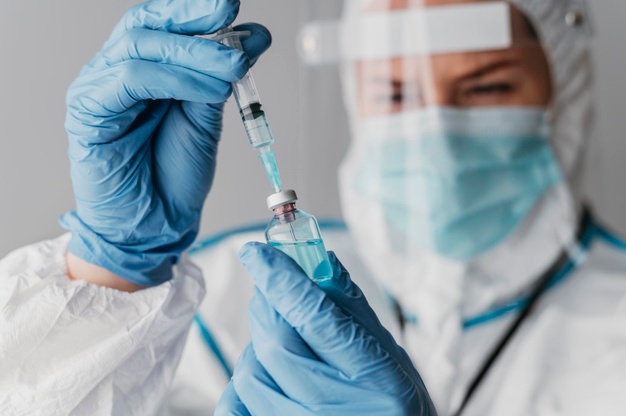 Any of the COVID-19 vaccines, Pfizer/BioNTech, Moderna, AstraZeneca or Sinopharm, has a registered patent. It is an invention protection that is now at the center of the global debate.
Any of the COVID-19 vaccines, Pfizer/BioNTech, Moderna, AstraZeneca or Sinopharm, has a registered patent. It is an invention protection that is now at the center of the global debate.
Patents for COVID-19 vaccines offer recognition to the entire research and development team for their scientific innovation, as well as legal protection to produce and market it exclusively for a limited time. Patents are covered by a technical document that details the object of protection of vaccines.
Likewise, once the patent is disclosed, it will allow companies in the sector to continue improving the technology. And once legal protection has expired, the patent will go to the state of the art, so any researcher in the world will be able to reproduce it freely.
The patents of the vaccines against the new coronavirus have been the epicenter of a controversy since October 2020. The central question is whether the companies that manage these patents should release them or not, to help the poorest countries start producing the vaccines in their own laboratories and thus, accelerate the vaccination rates of their populations.
This global debate is an event that we closely follow in Unión Andina and that is a great opportunity for lawyers dedicated to Intellectual Property to learn more about this dynamic field.
What are the arguments in favor of patent release?
India and South Africa were the first countries (1) to promote a request for the World Trade Organization (WTO) to commit to the release of patents for COVID-19 vaccines and other medical supplies to address the global health crisis.
The central argument of the countries that signed the petition, which also include the Latin American countries Venezuela and Bolivia (1), is that this release of patents will help the vaccines to be produced freely in a greater number of laboratories in the world. This is supposed to facilitate a more comprehensive global vaccination, especially for countries with fewer resources on all continents.
The other basic argument is that global citizens are exposed to the risk of vaccine-resistant variants of COVID-19 being created, to the extent that the coronavirus epidemic remains in force in multiple focal points in the poorest countries, since they cannot compete for the purchase of vaccines directly with the manufacturers.
What are the arguments against the release of patents?
Pharmaceutical companies argue that releasing patents for COVID-19 vaccines can have very damaging effects on scientific innovation ecosystems. Their central argument is that funders, both private and public, will be less inclined to fund scientific innovation if this legal protection of patents for vaccines is now suspended or limited.
The other important reason is that the release of patents for COVID-19 vaccines will also not have an immediate effect on the production of more vaccines in the world.
“Our messenger RNA vaccine requires 280 components from 86 suppliers located in 19 different countries. Producing it is not as simple as sharing the recipe, as some may suggest. We believe that it is unrealistic to think that an exemption will magically facilitate an increase so fast as to solve the problems of vaccine supply in a safe and fast way” explained a spokesperson for the US laboratory Pfizer in an interview with Deutsche Welle. (1).
As the pharmaceutical laboratories explained the implications of the release of these vaccine patents, it became clear that the delays in the global production of vaccines are linked to the shortage of raw materials and the complex system that ensures quality of these biological products (2).
Ultimately, the production of COVID-19 vaccines is a complex process that also requires these pharmaceutical laboratories that hold the patents to be able to transfer the technology to other smaller research centers with fewer specialized resources.
Most traditional laboratories in the world’s poorest countries do not have the technology or the personnel required to produce these vaccines, on the massive scale and at the speed that it takes to truly have an impact on the global vaccination rate.
The entire debate around patents for COVID-19 vaccines highlights how little is known about the complex production process of these biological products. However, this controversy is also an opportunity for the world of Intellectual Property to learn about how to argue the importance of patents and licenses in a globalized world that is looking for ways to get ahead in the middle of this pandemic that continues to be a unique and unprecedented event.
1. Deutsche Welle (2021) ¿Por qué América Latina no apoya la exención de patentes de vacunas? (Why doesn’t Latin America support the vaccine patent exemption?) Recovered from: https://www.dw.com/es/por-qu%C3%A9-am%C3%A9rica-latina-no-apoya-la-exenci%C3%B3n-de-patentes-de-vacunas/a-58081134
2. The Conversation (2021) ¿Es la solución liberar las patentes de las vacunas COVID? (Is the solution to release patents for COVID vaccines?) Recovered from: https://theconversation.com/es-la-solucion-liberar-las-patentes-de-las-vacunas-covid-160549

